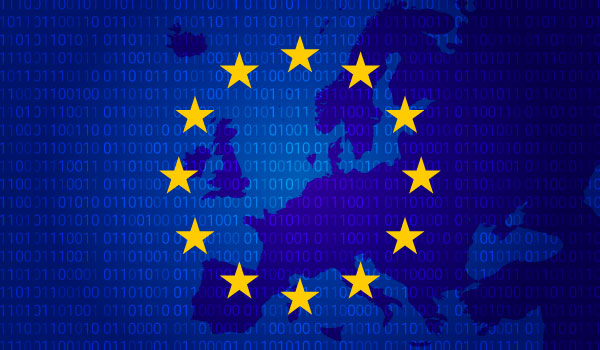The Ministry of Finance of Romania has announced a significant change in its electronic invoicing system. Starting January 1, 2025, mandatory e-invoicing will be extended to B2C transactions. B2C transactions are those between a company and end consumers. This announcement underscores the Romanian government’s commitment to the digitalization and modernization of its fiscal system.
Implementation schedule
Mandatory electronic invoicing between businesses (B2B) is already required in Romania. Since January 2024, an almost real-time regime for the communication of B2B invoices has been implemented. Companies must communicate invoices in XML format within five working days from their issuance through the Virtual Private Space (SPV) of Romania’s electronic invoicing system (RO).
Since July 2024, the full submission of electronic invoices has been in effect. Invoices are only valid if they are electronic. Consequently, paper invoices are no longer acceptable for fiscal compliance.
Additionally, from the same date, July 2024, voluntary B2C electronic invoicing began, preparing the ground for mandatory compliance starting a few months later.
In January 2025, B2C electronic invoicing will become mandatory. Invoices must be sent in CIUS_RO format (UBL 2.1 or CIN) to the government portal for authorization, including basic validation checks for information and format.
Exemptions and specifications
Entities exempt from the electronic invoicing requirement in this context are:
- Taxable persons issuing invoices for operations not subject to VAT.
- Diplomatic missions and consular offices.
- Branches of the Romanian armed forces.
- The European National Bank.
Specific associations, foundations, and farmers operating under the special regime will also have to comply with the new requirements starting July 1, 2025.
Future outlook
By 2035, Romania will need to harmonize its centralized settlement model with the EU’s proposed VAT reforms in the digital age. This step is crucial to meet digital information requirements and ensure smooth integration within the European framework.
This move towards the digitalization of invoicing will not only facilitate fiscal transparency and efficiency but will also align Romania with international best practices in electronic document management.











